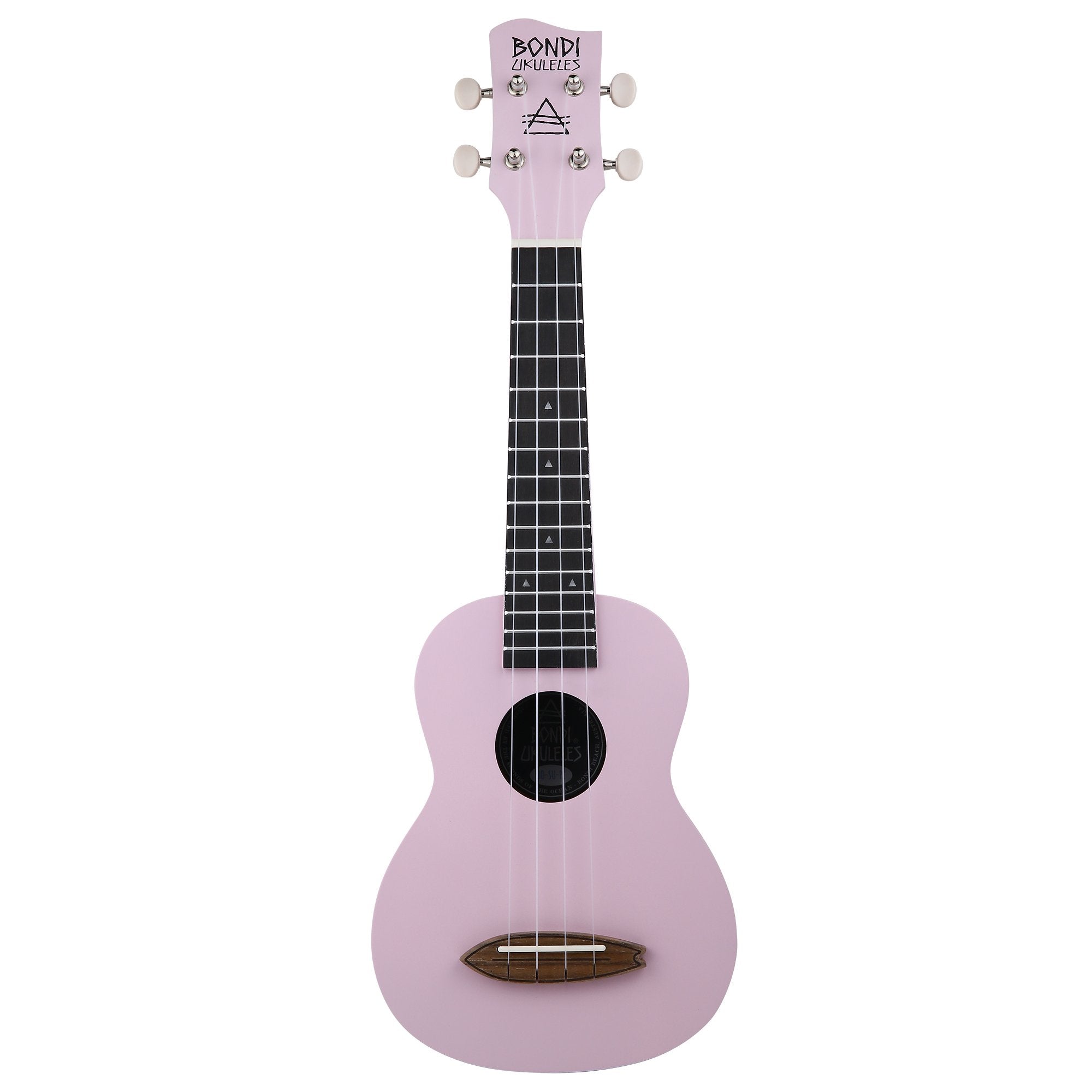Is Ukulele Easy for Kids? A Guide to Introducing the Ukulele to Young Musicians

Introducing children to the world of music at a young age can have numerous benefits, including enhancing their cognitive skills, fostering creativity, and boosting their self-confidence.
If you're considering an instrument for your child, the ukulele is a fantastic option.
In this blog post, we'll explore the question, "Is the ukulele easy for kids?"
Discover whether the ukulele is easy for kids to learn and explore a comprehensive guide on introducing this delightful instrument to young musicians.
You will also find valuable insights, tips, and resources to make the ukulele learning experience enjoyable and accessible for children.
Now, before we dive into whether the ukulele is easy for kids, let's explore the various advantages that learning this charming instrument can offer.
The ukulele is a small, four-stringed instrument that is relatively easy to learn and play compared to other stringed instruments.
Here are some key benefits for children learning the ukulele:
Size and Portability: The ukulele is compact and lightweight, making it perfect for small hands. Its size allows children to comfortably hold and play the instrument, encouraging proper technique and finger placement.
Musical Foundation: Learning the ukulele provides an excellent foundation for understanding music theory, such as rhythm, melody, and chords. This knowledge can later be applied to other instruments if your child decides to explore additional musical paths.
Quick Learning Curve: Due to its simplicity and limited number of strings, the ukulele is easier to pick up than many other instruments. Children can quickly learn basic chords and strumming patterns, enabling them to play simple tunes in a short amount of time.
Increased Coordination: Playing the ukulele enhances hand-eye coordination and fine motor skills. Young musicians develop finger dexterity and strengthen their hand muscles, which can have positive effects on other activities such as typing or handwriting.
Now let's address the main question: Is the ukulele easy for kids?
The answer is a resounding yes! The ukulele is widely recognized as one of the most accessible instruments for children to learn.
Here's why:
Simple Chord Structure: The ukulele typically has four strings, making it easier for kids to grasp and remember chord shapes. This simplicity allows them to transition between chords more smoothly and enjoy the satisfaction of playing recognizable songs quickly.
Gentle on Fingers: Compared to other stringed instruments, such as the guitar, the ukulele has softer strings that are kinder to young fingertips. This factor minimizes discomfort and prevents discouragement in the early stages of learning.
Engaging and Fun: The ukulele's cheerful sound and playful nature make it highly engaging for kids. The instrument's versatility allows children to play a wide range of musical genres, including pop, folk, and traditional Hawaiian tunes, ensuring a fun and diverse learning experience.
Getting Started with Kids Ukuleles
Now that you understand the benefits of the ukulele for kids and its suitability as a beginner's instrument, it's time to explore some useful tips for getting started:
Choose the Right Ukulele: Opt for a kid-friendly ukulele that is appropriately sized for their age and physical attributes. Look for smaller ukulele sizes such as soprano or concert models, as they are easier for young children to handle.
Enlist a Qualified Instructor: Consider enrolling your child in ukulele lessons with a qualified instructor who specializes in teaching young children. A professional teacher can provide proper guidance, teach correct playing techniques, and create a structured learning environment tailored to your child's age and skill level.
Start with Basic Chords: Begin with simple chords like C, G, and F, which are commonly used in many songs. Introduce one chord at a time, allowing your child to practice until they feel comfortable before moving on to the next one. This approach ensures steady progress and builds their confidence.
Make It Fun and Engaging: Incorporate games, interactive activities, and songs that your child enjoys into their ukulele practice sessions. This makes learning more enjoyable and motivates them to continue playing. Consider joining a kids ukulele group or organizing fun jam sessions with other young musicians to foster a sense of camaraderie.
Practice Regularly: Encourage your child to establish a consistent practice routine. Short, frequent practice sessions are more effective than infrequent, lengthy sessions. Set achievable goals and reward their efforts to keep them motivated and focused on their progress.
Supportive Environment: Create a supportive and encouraging atmosphere for your child's musical journey. Show interest in their playing, attend their performances, and celebrate their achievements. This positive reinforcement will inspire them to continue exploring their musical abilities.

FINAL THOUGHTS
The ukulele is an excellent instrument for children to learn, offering a host of benefits and a gentle learning curve. Its small size, simple chord structure, and engaging nature make it an ideal choice for young musicians.
By providing the right guidance, a supportive environment, and regular practice, children can develop their musical skills and enjoy the numerous rewards that come with playing the ukulele.
So, if you're considering introducing your child to the world of music, grab a kids’ ukulele, and watch them embark on a delightful and fulfilling musical journey.
 Lifetime Warranty
Lifetime Warranty  60 Day Returns Policy
60 Day Returns Policy 1-2 Day Delivery
1-2 Day Delivery 

































Leave a comment